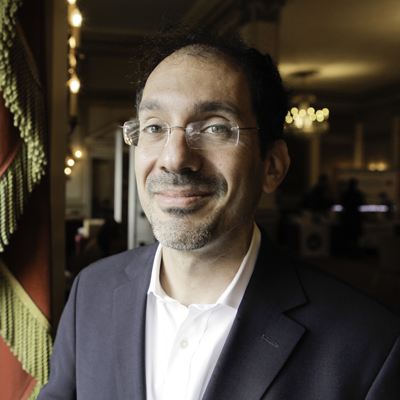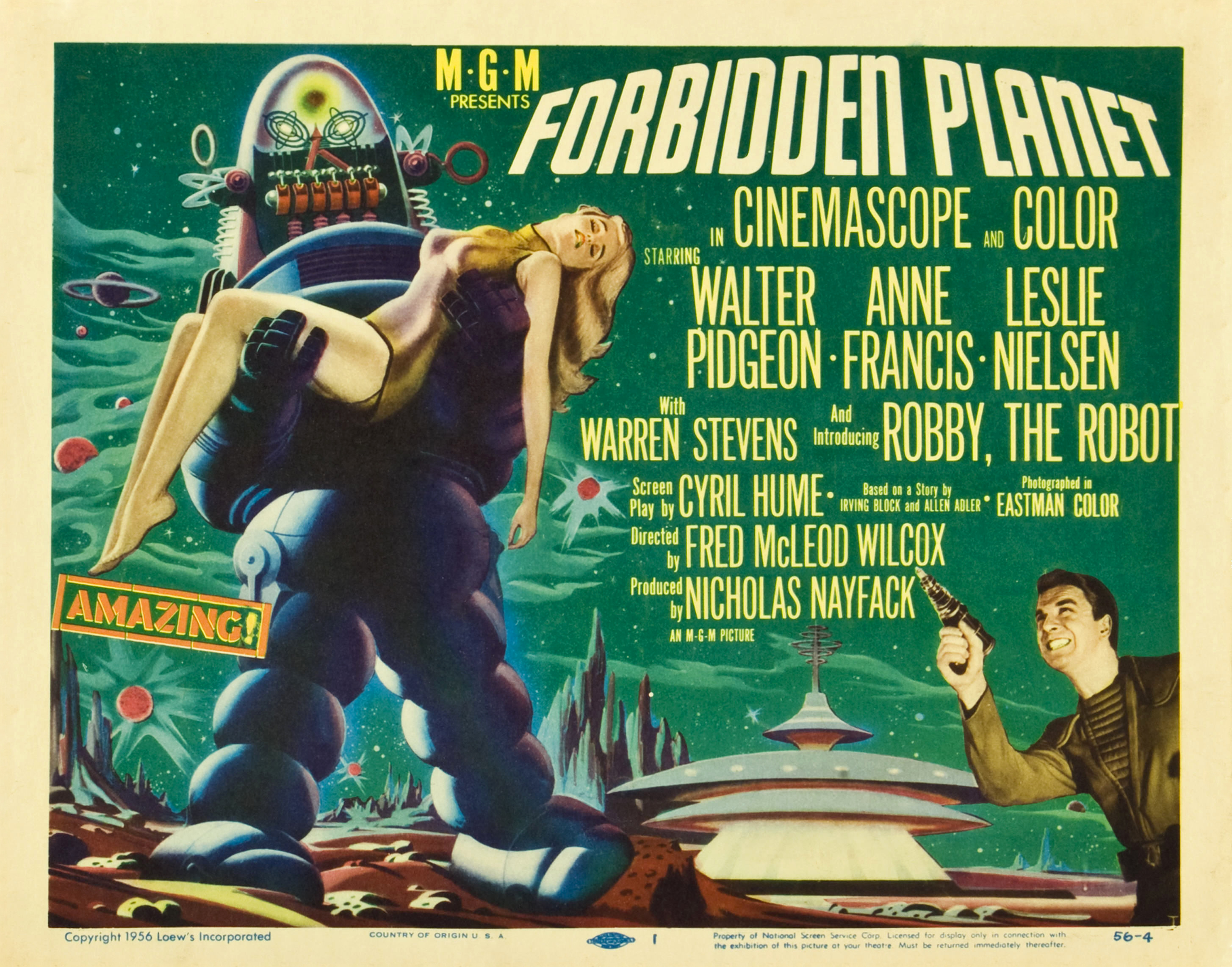
With the upcoming screening of Forbidden Planet being hosted by the Film Studies Program and the College of Architecture and the Arts (Thursday 3/30 @ 6:30 on the PCA Roof), we decided to interview David Rifkind, who is the Associate Dean of Student Success in CARTA and an Associate Professor of Architecture.
What is it about film that you see having relevancy with architectural studies?
Film – like theatre, dance, and opera – involves narratives played out in carefully designed spaces. In this way, it parallels architecture, in which spaces are designed in order to foster, accommodate, inspire, or prevent actions and events.
What are your top 3 films from the standpoint of architecture and design?
Battleship Potemkin
The Third Man
2001: A Space Odyssey
Honorable mentions: A Clockwork Orange, Blade Runner, Alphaville, La Jetée, and Brazil.
Tell me about a personal memorable moment at the movies.
When I was about 13, my parents took me to see Warren Beatty’s film, Reds. I don’t think they told me how long it was going to be (over three hours), so I was surprised when the film stopped about halfway in and cut to a title card that simply said, “Intermission.” I’d never seen this before, and my mom explained how it was common in the past. It was the first time that I thought about cinema and the experience of seeing films in theaters in historical terms. And since this happened in a film about historical events, it triggered a kind of reflection on media and cultural production that must have stayed with me.

Are there any specific genres that are important to your teachings or research?
I often refer to science fiction and historical dramas when discussing architectural history. Sci-Fi is useful because it offers a glimpse of how people in a particular era saw their own world, by contrasting it against an imagined world inhabited by their aspirations and anxieties. Historical dramas are fascinating for a similar reason, since they tell us a lot about how societies see themselves in relation to past epochs. In other words, the stories we tell about the past or the future tell us a lot about our contemporary concerns, and I’m fascinated by the role of the built environment in those narratives.
Why should students come see Forbidden Planet?
In the midst the Cold War’s technology-fueled hysterias and anxieties (after the first H-bomb tests and just before the launch of Sputnik) Forbidden Planet used the two high-tech devices of space travel and artificial intelligence to explore fundamental questions of human nature. It helped define a genre. Plus, the set design is amazing.
Please join us for this FREE screening
Thursday, March 30
6:30 PM
Roof of PCA Building (“Red Generator”)
 Daniel Valladares is an intern for the FIU Film Studies Program for the Spring 2017 semester. Daniel is seeking a Film Studies Certificate as an English Major.
Daniel Valladares is an intern for the FIU Film Studies Program for the Spring 2017 semester. Daniel is seeking a Film Studies Certificate as an English Major.
